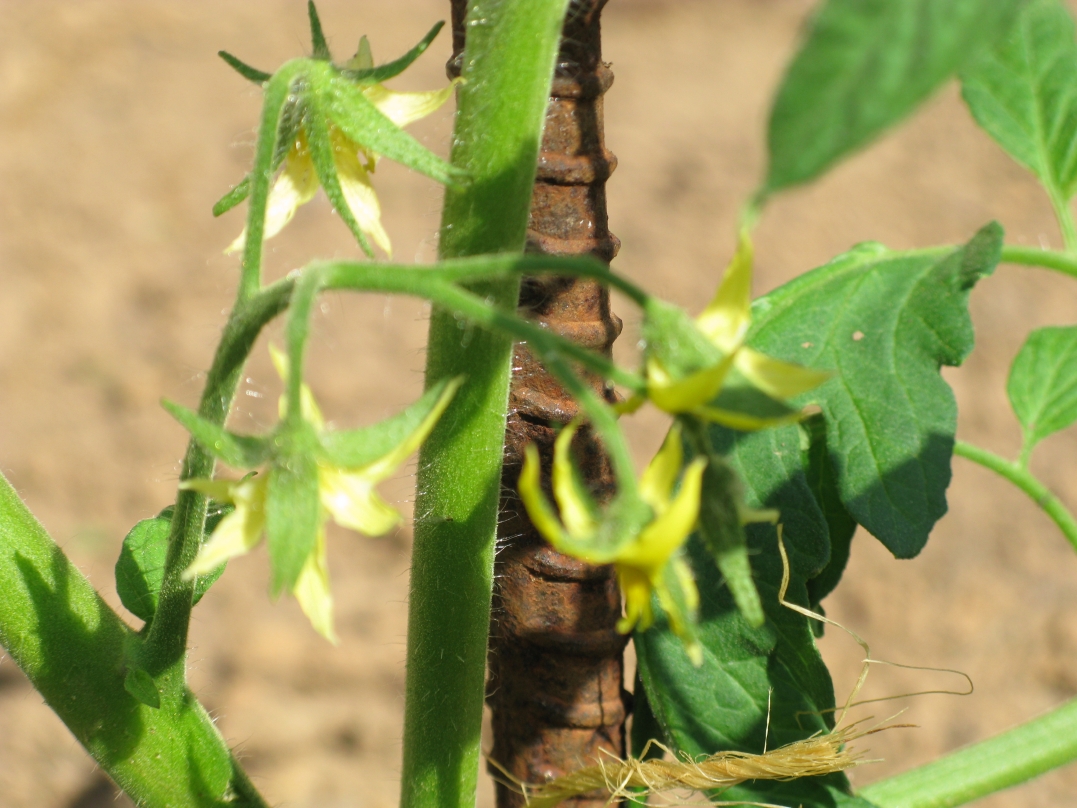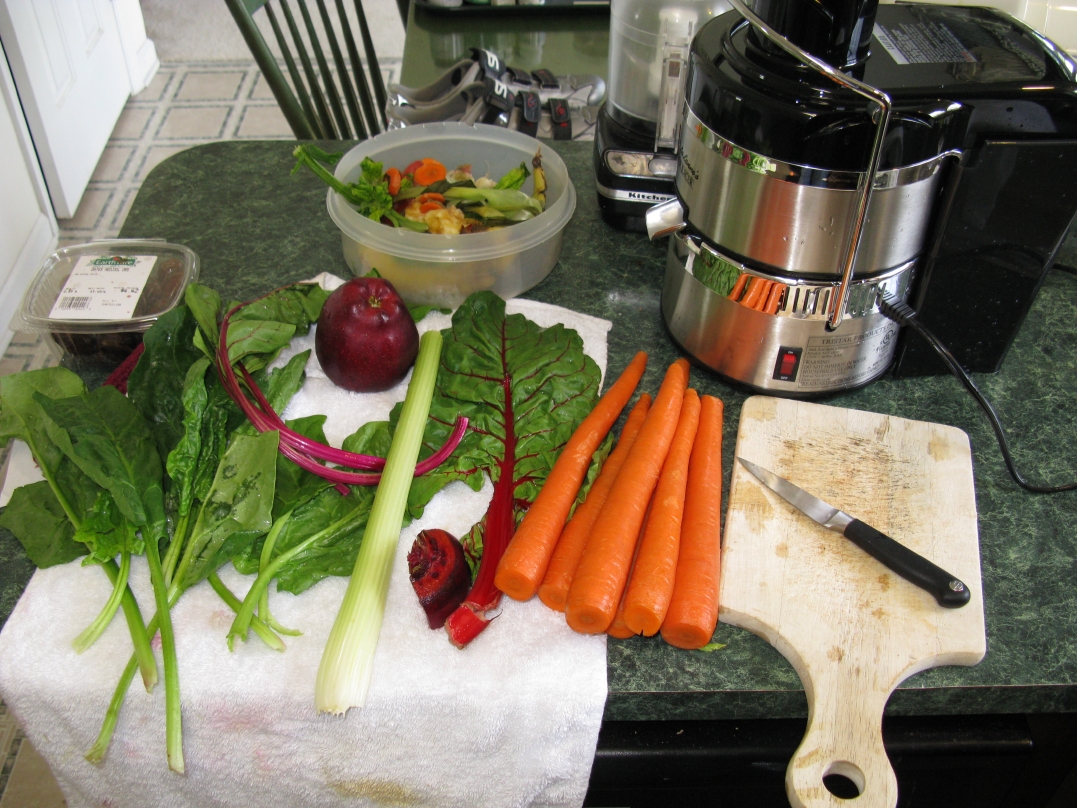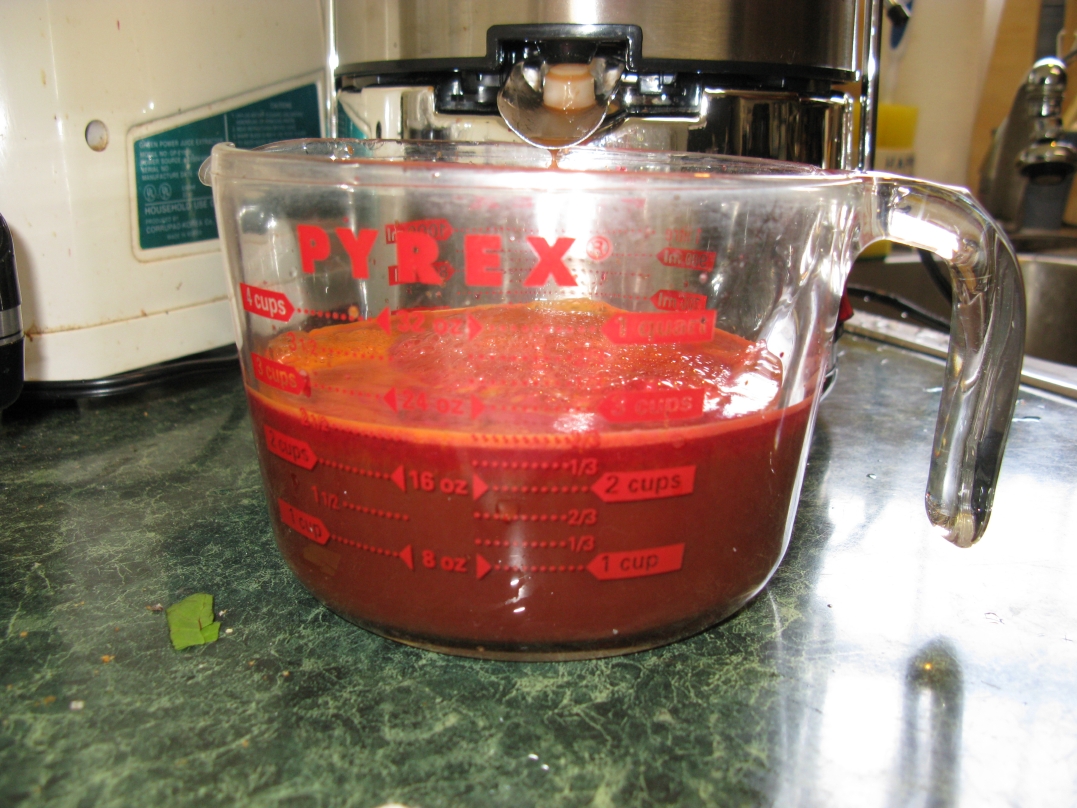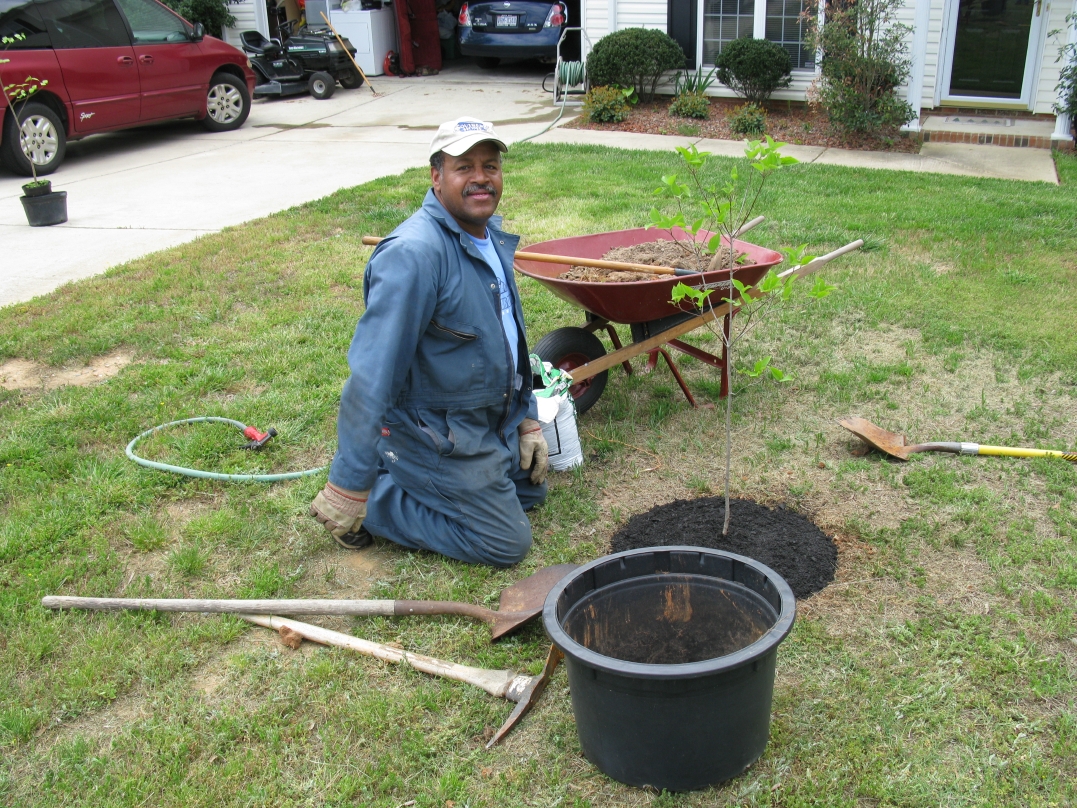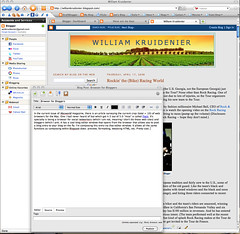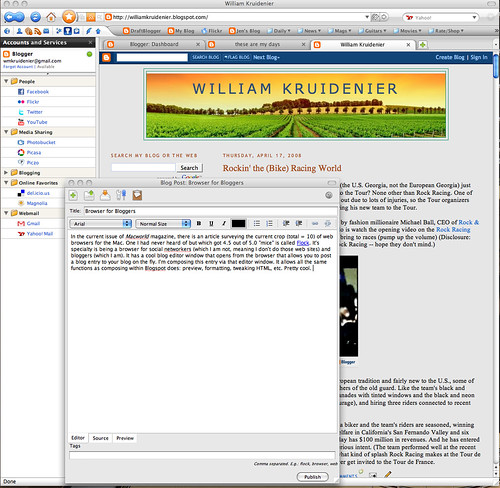There is a documentary in production at the moment called "The Greenhorns." It is about the increasing number of young people who are going back to the land to take up farming on (very) small, organic, sustainable farms. Not everyone is aware that the trend in recent decades has been for traditional family farms to disappear from the American landscape. They have been unable to compete with the giant commercial farms that now supply the vast majority of America's foodstuff. But a counter-trend is underway -- young people starting small farms -- specifically, organic, sustainable, "local" farms -- to feed local communities. And that's what the film is about. There is a large-format trailer on the site that gives a quick look at the spirit of this movement and the documentary, or you can watch this smaller-format version here. At this point, I don't know where the documentary will be seen -- theaters? TV? DVD? All the above? I'll try to post that info when it's available. (Disclosure: Video posted here without permission.)
Follow us on wordpress
-
After much thought we've decided to continue blogging. The main reason is
not because we want to share our life with the world, but because we have
realiz...
13 years ago










